
When cost of living goes up, more people must choose among health care, heat, food, or other necessities.

When cost of living goes up, more people must choose among health care, heat, food, or other necessities.

Study finds wide disparities in causes, locations of fatalities

A 4.47% pay cut on the horizon?

Many providers resist, but increased patient control of medical records is a plus for patient and physician.

Understanding the cuts to physician reimbursement

How much will Medicare pay to physicians?

Agency for Healthcare Research and Quality publishes state of the industry report.
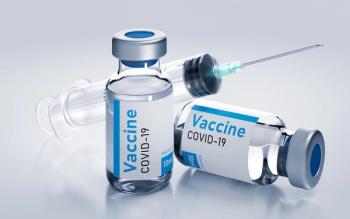
Attorneys general file petition to withdraw requirement.
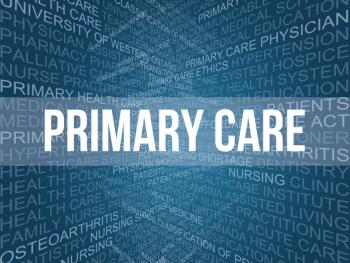
Health disparities in care were made worse by the pandemic

Political debate continues on best ways to deal with COVID-19 pandemic.

Commonwealth Fund survey of 10 nations finds primary care in global crisis.

HHS secretary says federal government will need quicker access to national data to address future health emergencies
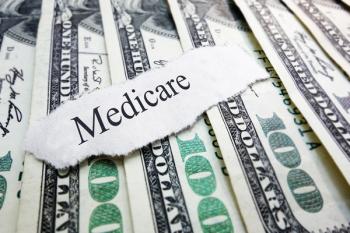
The Medicare cuts are deeper than advertised.

‘We cannot continue to live this way,’ association president says a day after shooting kills three at University of Virginia.

Government and private sector often don’t understand each other’s role in providing care, says Chiquita Brooks-LaSure.

Legislation would vastly expand scope of practice for nurse practitioners and other non-physicians

ATA co-wrote a letter to the Biden administration to try to protect remote access for clinically appropriate care

Greater percentages of orthopedic specialists and neurosurgeons accept payments compared to internists, study says.

Income, price levels, Medicaid expansion all are factors in state-level analysis.
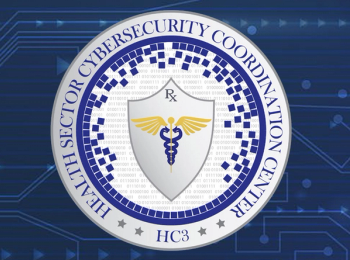
‘Charming Kitten’ believed to be a front for Islamic Revolutionary Guard Corps, according to HHS’ cybersecurity agency.

Payments could drop by almost 8.5%, according to AMA and other health care groups.

Effort to bolster primary care is part of a larger plan to increase value-based care

U.S. attorney says doctor ‘distributed drugs with a prescription pad’ in federal case.

About 5% of all deaths in U.S. are from alcohol-related causes
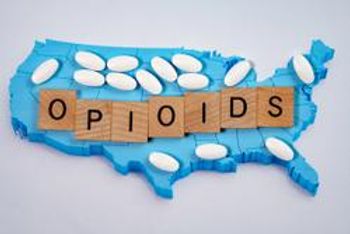
Revisions to 2016 document focus on provider flexibility and unique circumstances of every prescribing decision